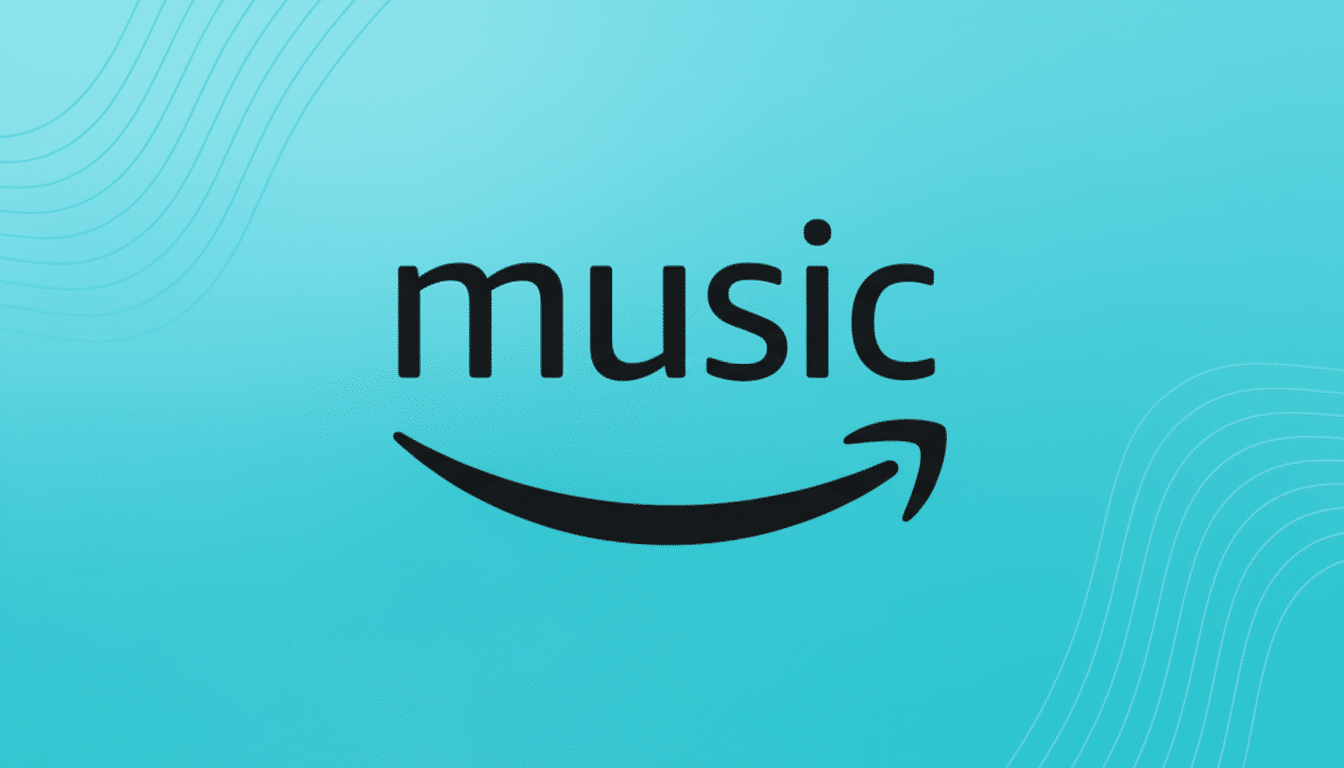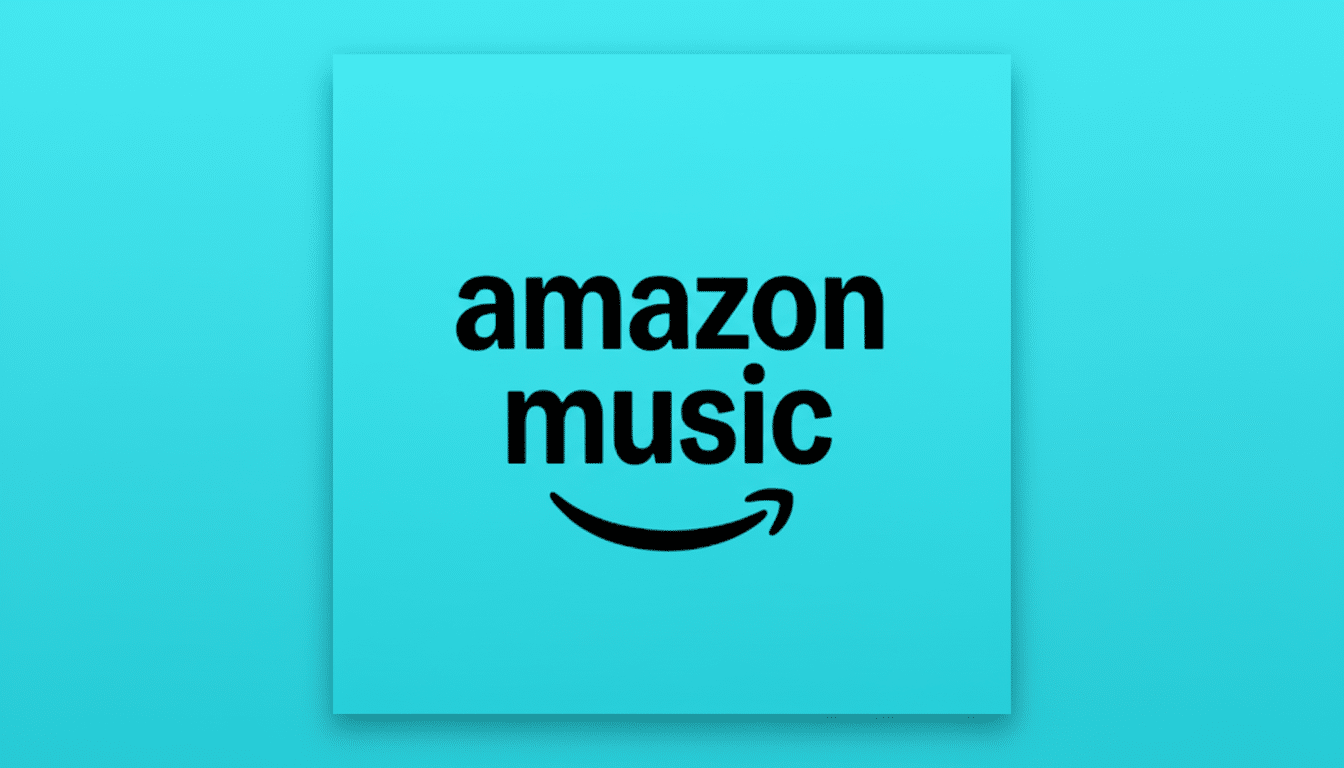Amazon is rolling out its more personable voice assistant, Alexa+, on the Amazon Music app, so that song searches and playlist generation feel like a two-way conversation. The rollout is available on iOS and Android and is available across subscription levels for listeners who are signed up for Alexa+ Early Access.
Within the app, users tap on a small “a” button in the lower right corner and ask questions or give requests with their phone’s microphone. The idea is straightforward but audacious: Attempt to make discovery feel less like typing words into a search bar and more like chatting up a well-informed friend who grasps musical context, mood and intention.

How Alexa+ enhances discovery in Amazon Music
Alexa+, unlike the previous generation of Alexa which mainly dealt with commands, converses naturally. Listeners can inquire about an artist’s influences, probe the meaning behind a track or identify a song by reciting some stray lyric or naming the film in which that piece of music appeared. It is built to accommodate the fuzzy edges of memory that traditional search can miss.
Personalization extends well beyond mood tags. You can ask for such a playlist — “2010s hits that keep me moving fast, beginning with a Nicki Minaj track,” let’s say — and Alexa+ will build one for you in real time. It also accommodates sillier ones — “recommend new music that makes me seem cool to my teenager who lives in another city” (without seeming as if I’m trying too hard) — or more practical ones like “What’s the song playing during the opening credits of The Sopranos?”
The assistant’s purview is larger than music. Originally rolled out as a consumer-directed AI agent, Alexa+ has the capability to act on behalf of people in other tasks — from making reservations to shopping. In Amazon Music, that agentic architecture is expressed as a richer, ongoing conversation that fine-tunes your tastes and helps you zig and zag through huge catalogs with less friction.
Early usage signals and listener engagement trends
More than a million people have already tried Alexa+ so far, according to Amazon. Early usage looks impressive: in an initial sample, listeners who use Alexa+ listen to tracks three times as quickly as they did with the legacy assistant and those who request a recommendation end up listening to almost 70% more music.
That lift reflects a larger industry dynamic. IFPI’s global reporting has long emphasized discovery and curation are core to streaming satisfaction, and voice adoption research from Edison Research indicates users place a premium on hands-free, low-friction experiences. By translating open-ended queries into specific recommendations, Alexa+ addresses both trends.

How to access Alexa+ features in the Amazon Music app
Amazon Music’s Alexa+ is offered to Early Access users of the Assistant on all plans at no extra charge. To test this out, open Amazon Music, hit the “a” icon in the bottom right corner and tell it what you want. The feature is available on both iOS and Android, and works with a variety of conversational cues, to the point where you can just say to play something quickly or kick off a long playlist brief.
How Amazon Music is upping the ante against streaming rivals
The move comes as part of a broader AI push in music streaming. Spotify has been adding in conversational AI, including ChatGPT-powered features and its AI DJ, while Apple taps into Siri and editorial curation on Apple Music. YouTube Music is testing AI-generated playlists and song radios. Amazon’s me-too here is the agent-sounding positioning of Alexa+, which provides the following benefits:
- End-to-end task completion
- Context-informed musical recommendations
Already, Amazon Music has introduced AI-driven playlists for every week, AI-powered search and an Explore section to help fans learn about artists. Alexa+ unifies these fragments into a cohesive conversation strand, narrowing the distance between “I wonder…” and “I’m hearing exactly what I wished.”
What Alexa+ could mean for artists and listeners
But for fans, the greatest win remains precision at the speed of thought: hum a lyric, remember a scene, even describe a vibe and it’s now just steps from humming into Spotify or describing to Siri and banging on that door until you are mood music or Mood Playlisted. It also helps break down barriers to exploring deeper catalogs, rediscovering older cuts that don’t sit on top of any algorithmic charts in platform economics.
For artists, richer prompts can surface backlist and context — mentions of influences or eras or subgenres that are easily lost in a simple keyword search. If traction grows, the long tail may benefit with more listeners roaming beyond familiar hits into adjacent scenes and connected creators.
Alexa+ is in its early days and not widely available, but the trend lines are clear: Conversational, agentive AI is becoming a new front door into music. The companies that best convert loose human intentionality into pleasing playback — and that are clear about how they make those determinations — will define the next generation of streaming discovery.

